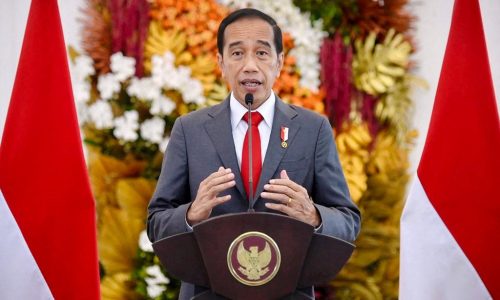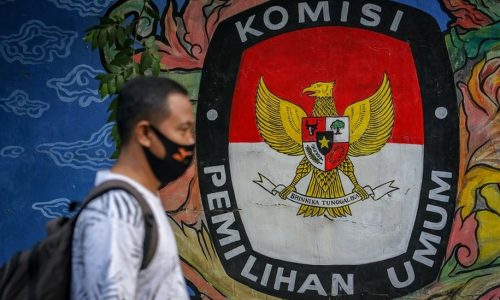The textile and textile product (TPT) industry asks all stakeholders to comply with import restriction policies as regulated in Minister of Trade Regulations No. 36/2023 and No. 3/2024 on Import policy and control.
The call was conveyed by Chairman of the Indonesian Filament Fiber and Yarn Association (APSyFI), Redma Gita Wirawasta, following protests by importers such as retailers and personal shopping agents (jastip), as well as the Indonesian Migrant Workers Protection Agency (BP2MI).
“This (import restriction) was an order by President Jokowi issued last October,” Redma said on Thursday, April 11, 2024.
Instead of protesting, Redma hopes that importers will comply with these regulations in an orderly manner by paying all tax provisions and import permit requirements.
Importers are also encouraged to be more nationalist in supporting the government in boosting the national economy through the optimization of labor-intensive industries.
Similarly, for items brought by migrant workers, Redma urges them to follow the existing rules if they want to engage in importing goods. On the other hand, Redma hopes that migrant workers will be more nationalistic by spending their foreign exchange earnings on local goods as souvenirs for their families.
“Because here, there are relatives, family members, or neighbors who also need jobs in the TPT sector to make a living, so we all live side by side and should support each other,” he said.
Since the issuance of these regulations, Redma claims that the performance of the TPT industry has been on a positive trend, although has not significantly increased as yet. The association predicts that the downstream sector’s performance will improve in the next two to three months, and the upstream sector’s performance is expected to improve in the next three to four months.
“This is still in progress, there is already an increase in orders in the downstream sector, especially in small and medium-sized garment factories,” he said.
“We hope that by the end of this year, the performance of the TPT industry will return to a positive track,” he concluded.









